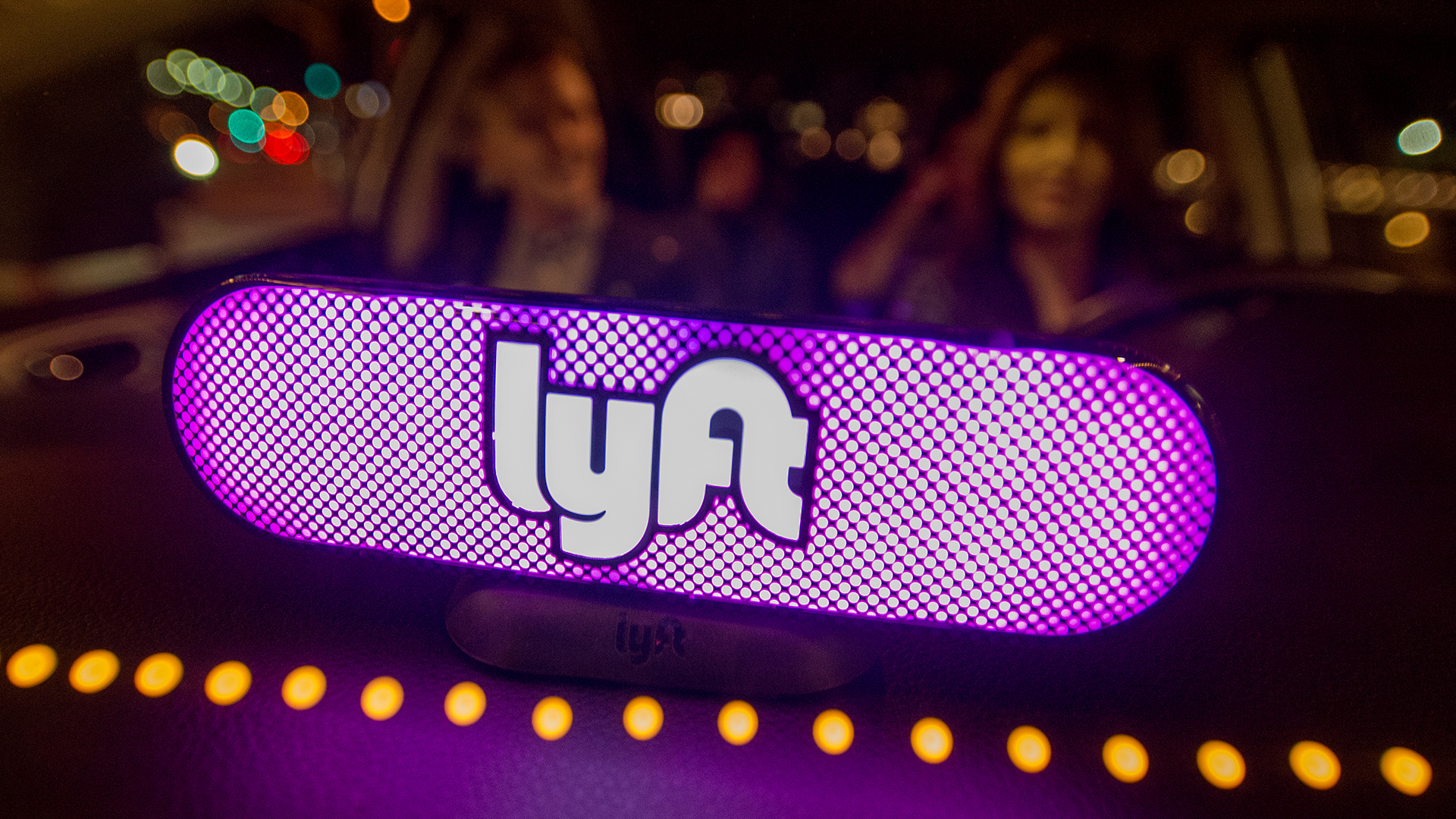

We may earn revenue from the products available on this page and participate in affiliate programs. Learn more ›
Following accusations that Uber both underpaid drivers and overcharged riders in New York, a driver’s group is calling for an investigation into Lyft’s fare policies in the Empire State.
The Independent Drivers Guild (IDG), an affiliate of the International Association of Machinists union, has accused Lyft of “large-scale deception” and improperly deducting more than 11 percent of drivers’ fares on interstate trips, according to The Washington Post. The group claims Lyft collected taxes and surcharges on interstate trips that should only apply to in-state trips, and disguised them as administrative charges.
In a letter to the New York attorney general’s office and the Department of Taxation and Finance, IDG called for a full investigation into the matter. New York State Assembly member Robert Rodriguez, who represents a district in New York City, backed the request.
The IDG accusation relates to the same New York state taxes and surcharges that have attracted controversy at Uber. New York levies a 9 percent sales tax on rides, as well as a 2.5-percent “black car fund” surcharge, which covers workers’ compensation and death benefits. (These fees are supposed to be paid by passengers, but a recent New York Times report indicated Uber may be taking them out of drivers’ pockets.) The charges don’t apply to interstate trips, but IDG claims Lyft is adding them to those trips anyway.
Fees the company claimed were administrative charges matched the amounts for the sales tax and “black car fund” surcharge, the group said. Even for in-state trips, Lyft should not be subtracting these fees from driver pay; they are supposed to be added on top of the fares paid by riders.
A Lyft spokesperson told The Washington Post that there is “no merit” to the group’s allegations.
While Uber has endured scandal after scandal in recent months, Lyft has cruised along with relatively little bad press. The company has tried to position itself as a more ethical alternative to Uber, which will be harder to do should IDG’s accusations prove true. Because companies can treat ride-share drivers as independent contractors rather than employees, it’s all too easy for those drivers to be exploited. It’s an issue the industry will likely continue to grapple with going forward.
